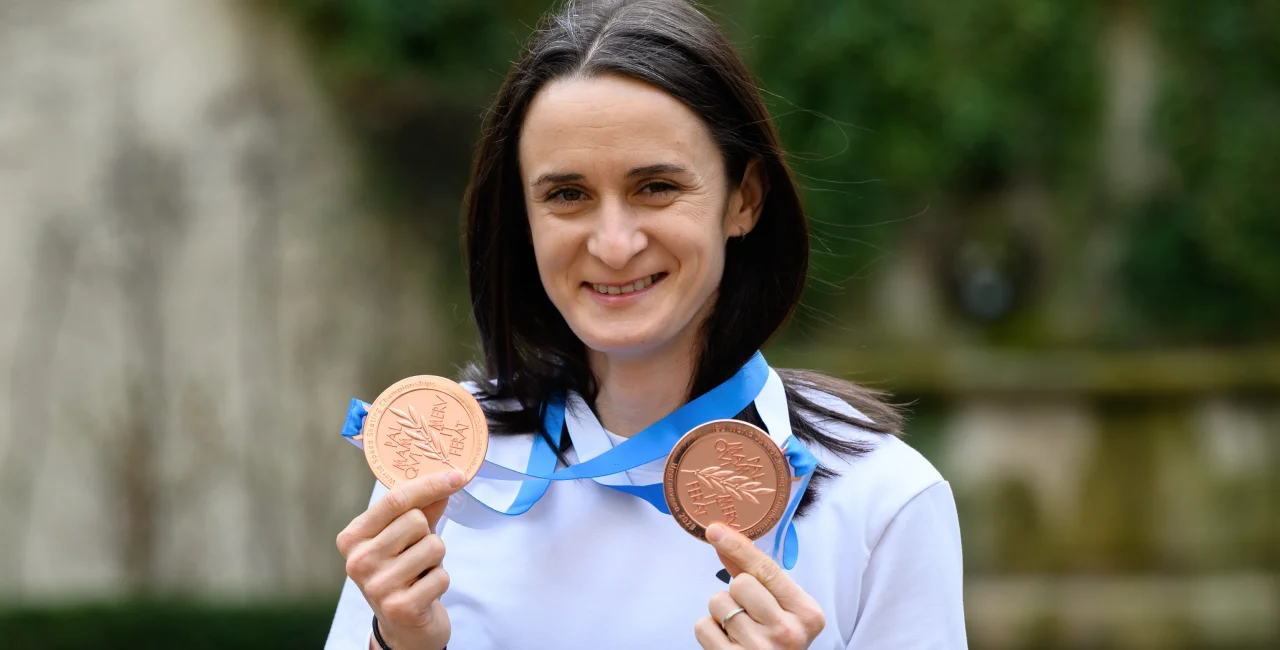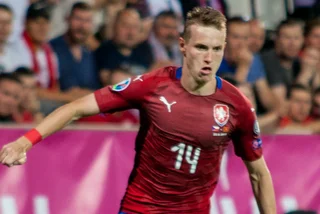Czech speed skating champion Martina Sáblíková confirmed Sunday that she is in a same-sex relationship with her national teammate Nikola Zdráhalová. Sáblíková, a three-time Olympic gold medalist, announced the news in a post on Instagram, emphasizing her desire to maintain control over her personal life.
In her post, the 37-year-old athlete explained her decision, writing: "You know I have always protected my privacy and will continue to do so because it's the most important thing to me. But now I'm getting hints that someone wants to handle it [an announcement] instead of me. So let it be heard directly from me: Niky Zdráhalová and I are a couple, she is my great support, we are happy."
Sáblíková, one of the most decorated athletes in Czech history with seven Olympic medals and more than 20 world championship titles, has kept her life private throughout her illustrious career. Zdráhalová, 29, who recently returned to competitive speed skating after a two-year hiatus due to health issues, is now a key support for Sáblíková as they both prepare for the upcoming international season.
The couple has lived together for over 12 years, according to Sáblíková. Zdráhalová is working to rebuild her career following a break from the sport after the 2022 Beijing Olympics.
Other Czech athletes coming out
Sáblíková's revelation follows a growing trend of Czech athletes openly sharing their personal lives. Several high-profile figures in Czech sports, including tennis legend Martina Navrátilová and snowboarder Šárka Pančochová, have publicly addressed their sexuality in recent years.
In 2020, David Svoboda, an Olympic gold medalist in modern pentathlon, became one of the first Czech athletes to come out as gay. Later that year, professional footballer Tomáš Pekhart also publicly shared his sexuality, becoming one of the few male footballers in the country to do so.
In 2023, Czech footballer Jakub Jankto made headlines when he came out as gay in a video posted on social media. His announcement, followed by support from his club and international fans, marked a significant moment for LGBTQ+ visibility in Czech sports.
Worrying LGBTQ+ developments abroad
The Olympian’s announcement comes at a time when LGBTQ+ rights are under threat in the rest of the Visegrád Group countries. Just earlier this month, Hungary passed a constitutional amendment to ban LGBTQ+ gatherings, and also enshrined recognition of only two sexes.
Slovakia is advancing constitutional amendments that would define only male and female sexes, restrict adoption rights to married heterosexual couples, and effectively ban same-sex couples and nonbinary individuals from adopting children.
Over in Poland, conservative President Andrzej Duda referred a government-approved bill aimed at criminalising anti-LGBTQ+ hate speech to the Constitutional Tribunal for review.
At the beginning of this year, a law officially recognizing same-sex partnerships took effect through a new amendment to the Civil Code. While the amendment offers some recognition and rights to same-sex couples, it still falls short of full marriage equality, according to advocacy groups.













 Reading time: 2 minutes
Reading time: 2 minutes 


























